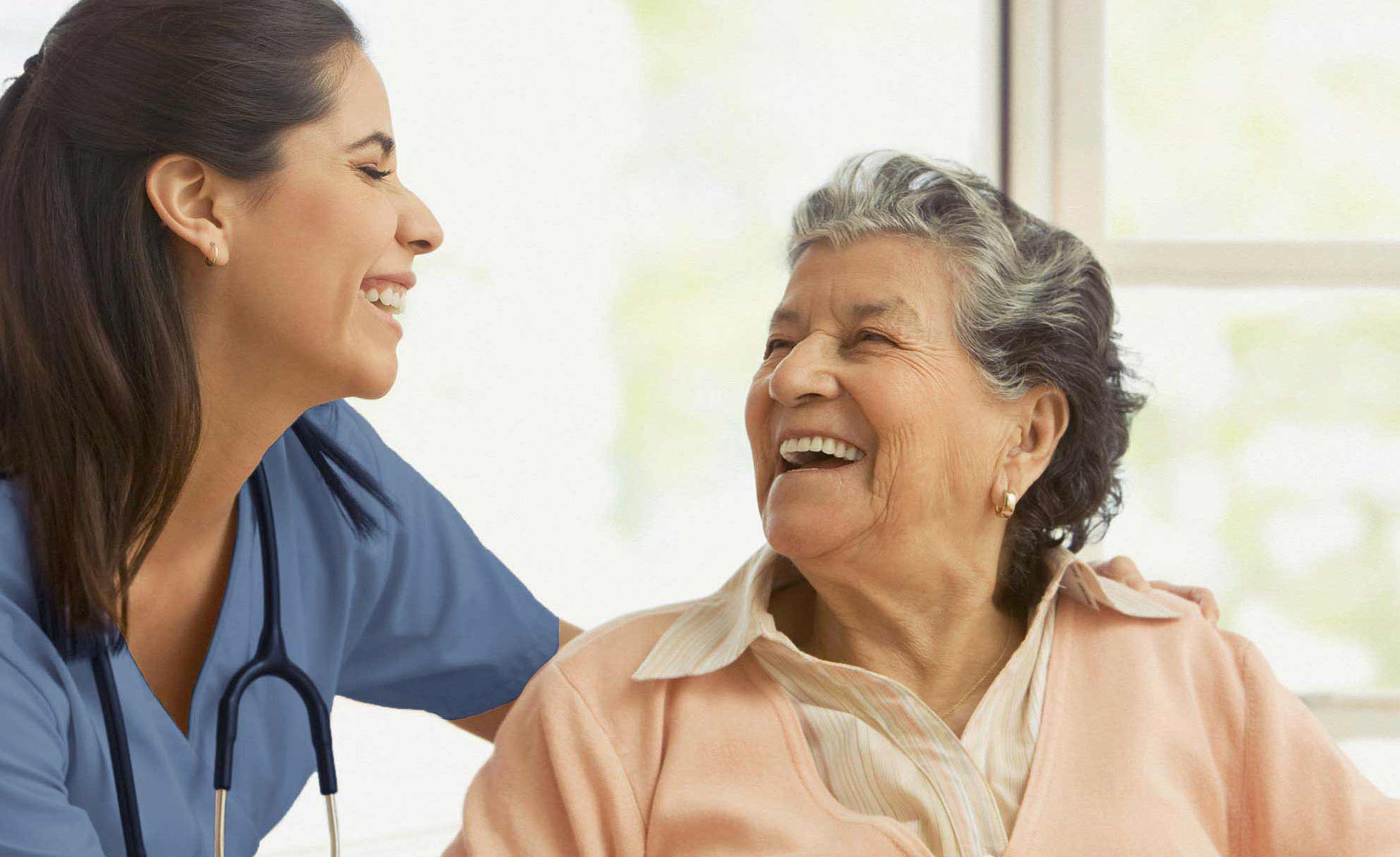
Cardio-Oncology Program
- About Us
-
Cancer Care
-
Our Cancer Programs
- Adolescent and Young Adult Cancer Program
- Blood Cancer & Hematological Malignancy Program
- Blood Disorder (Hematology) Program
- Breast Cancer Program
- Cancer Genetics Program
- Cancer Risk Reduction and Education Clinic
- Cardio-Oncology Program
- Childhood Cancer Survivorship Program
- Endocrine Tumor Program
- Eye Cancer Program
- Gastrointestinal (GI) Cancer Program
- Genitourinary Cancer Program
- Gynecologic Oncology Program
- Head and Neck Cancer Program
- Liver Tumor and Cancer Program
- Lung Cancer Program
- Neuro-Oncology (Brain Tumor) Program
- Neurofibromatosis Program
- Pediatric Neuro-Oncology Program
- Pediatric Oncology Program
- Pediatric Sarcoma Program
- Pediatric Thrombosis Program
- Radiation Oncology
- Sarcoma Cancer Program
- Skin Cancer Program
- Supportive Cancer Care Program
-
Screening and Diagnosis
- Cervical Cancer Screening Guidelines
- Colorectal Cancer Screening
- Endometrial (Uterine) Cancer Screening Guidelines
- Hepatitis and Cancer
- HPV Vaccine and Screenings
- Liver Cancer Guidelines
- Lung Cancer Screening
- Mammogram
- Ovarian Cancer Screening Guidelines
- Prostate Cancer Screening Guidelines
- Skin Cancer Screenings
- Sun and Skin Safety
- Tobacco Use and Cancer
- Skin Cancer Screenings
- Cancer Genetics Program
- Cancer Survivorship Program
- Cancer Treatments
- Conditions
-
Our Cancer Programs
- Clinical Trials and Research
- Donate and Volunteer
- Education
- Patients and Families
- Appointments
- Doctors and Locations
-
Community Outreach and Engagement Program
- Message from COE Leadership
- South Texas Cancer Burden and COE Areas of Work
- Our COE Impact
- COE Community Advisory Board
- COE Publications
- Avanzando Caminos (Leading Pathways) Study
- Estudio Avanzando Caminos (Leading Pathways)
- San Antonio Firefighters Cancer Prevention Program
- STAR Immunotherapy Study
We are one of the few programs in South Texas whose team includes two board-certified cardio-oncologists. These specialists monitor your health and make treatment recommendations, when necessary, to lower the risk of cancer care-related heart complications.
Certain cancer treatments, including chemotherapy and radiation therapy, can affect your heart health. These therapies can be lifesaving — but they also may raise your risk of heart failure, heart vessel blockage, valve disease or other issues.
Cardio-oncologists are cardiologists (heart doctors) who specialize in preventing, detecting and treating heart issues in cancer patients. You may benefit from cardio-oncology services before, during or after cancer treatment. We provide cardio-oncology services for adults and children.
It’s important to know that:
- Certain chemotherapy drugs can weaken heart muscle or cause buildups of toxic substances that affect your heart’s function.
- Radiation therapy for cancers near the heart, such as breast cancer, can raise your risk of heart disease.
- Heart issues may occur during cancer treatment. However, in some people, they develop years later.
- If you are living with heart disease, certain cancer treatments may worsen heart-related issues.
- Catching heart disease in its early stages can prevent it from advancing and causing permanent damage.
Why choose us for cardio-oncology services?
You receive services from a cardiologist who completed additional training in cardio-oncology during fellowship. Our specialists were among the first in the country to become board-certified in cardio-oncology after passing a rigorous exam. These qualifications ensure you receive care that’s consistent with research-based methods.
Highlights of our program include:
- Commitment to excellence: We are the only National Cancer Institute (NCI)-designated cancer center in Central and South Texas. This designation is reserved for programs such as ours that maintain high care and safety standards. Read more about our National Cancer Institute designation.
- Coordination: Mays Cancer Center specialists work together to deliver the right services for your needs. Our cardio-oncologists are in regular communication with doctors who deliver chemotherapy and radiation oncology. These efforts give you prompt access to cardio-oncology services if you need them.
- Ongoing care: Some patients, especially adolescents and young adults, experience cancer-related heart issues years after treatment. Through survivorship services, we pay careful attention to your long-term health. Learn more about:
Cardio-oncology: What to expect
Your care team will advise you if you might benefit from our cardio-oncology services. These services include:
- Pre-treatment evaluation: We assess your heart health and identify potential risk factors. These may include age, high blood pressure, diabetes, obesity or a family history of heart disease. You may be able to manage some risks with medications or lifestyle changes, like a heart-healthy diet.
- Care coordination for people with heart issues: If you are living with heart disease, we may modify your cancer treatment plan. Working with other specialists, we identify chemotherapies that are effective for your diagnosis but less likely to damage your heart.
- Monitoring (surveillance): Regular imaging enables us to detect early signs of heart complications. Surveillance may include echocardiography, which uses sound waves to capture real-time images of heart structures. Sometimes, monitoring includes an MRI, which uses radio waves and a powerful magnet to produce detailed heart images.
- Cardiac tumor care: In rare cases, tumors develop in the heart tissue. Cardio-oncologists work closely with cancer surgeons and other specialists to meticulously plan your treatment.
- Heart disease therapies: If you experience a heart issue during or after cancer treatment, we deliver the therapies you need. Care may include medications to treat heart failure, or procedures to unclog heart vessels, and repair valve issues.
Care locations
Zeller Building
- Cardio-Oncology | 1st Floor
Grossman Building
- Cardiac Diagnostic Center | 4th Floor
Get cancer care
Take the first step by visiting our cancer experts for testing, a second opinion or to learn about treatment options.
Meet our team
Our team includes cancer experts from different medical specialties who share a commitment to delivering precise, personalized care.
Find cancer clinical trials
Receive new cancer treatments and services before they are widely available by participating in cancer clinical trials.

 Close
Close
